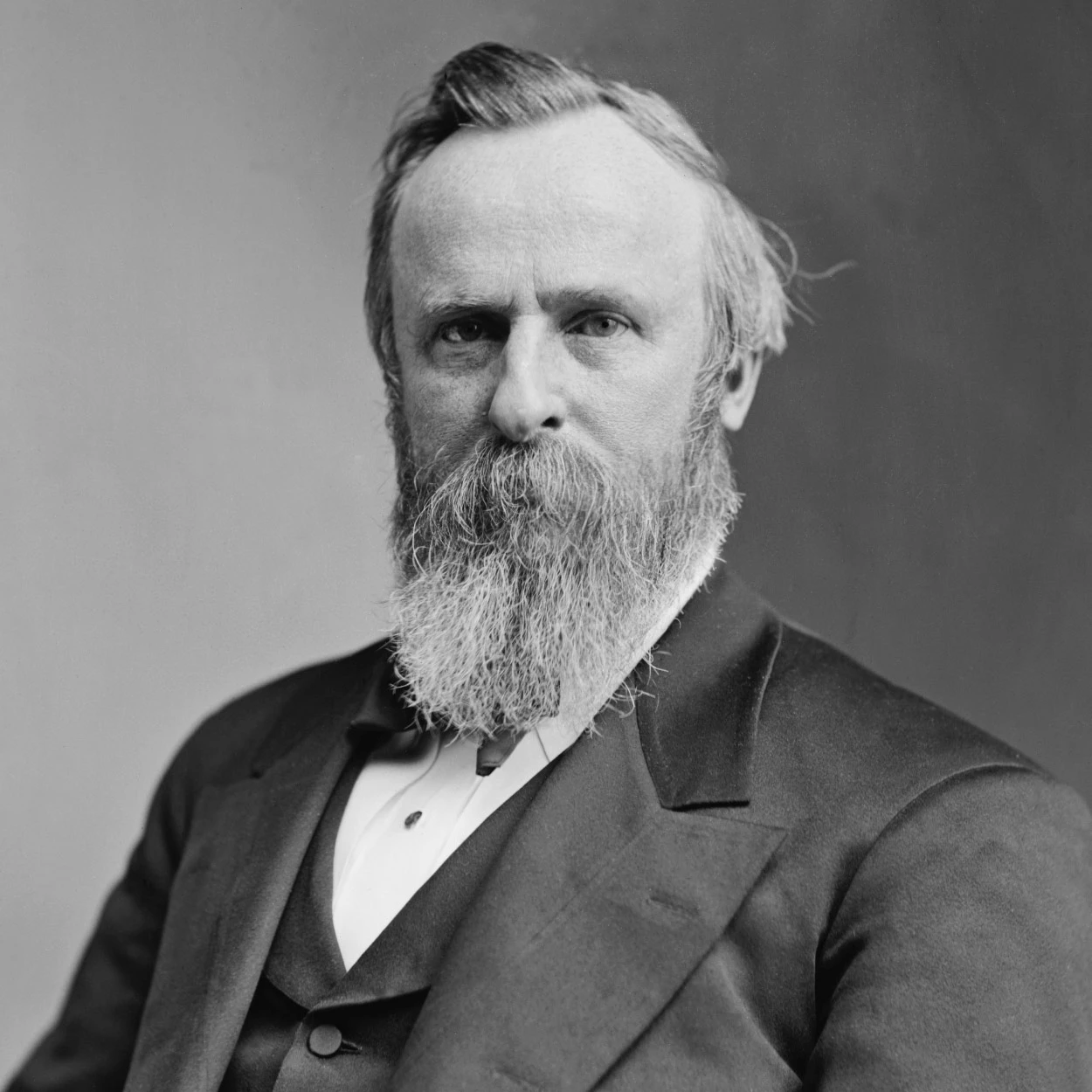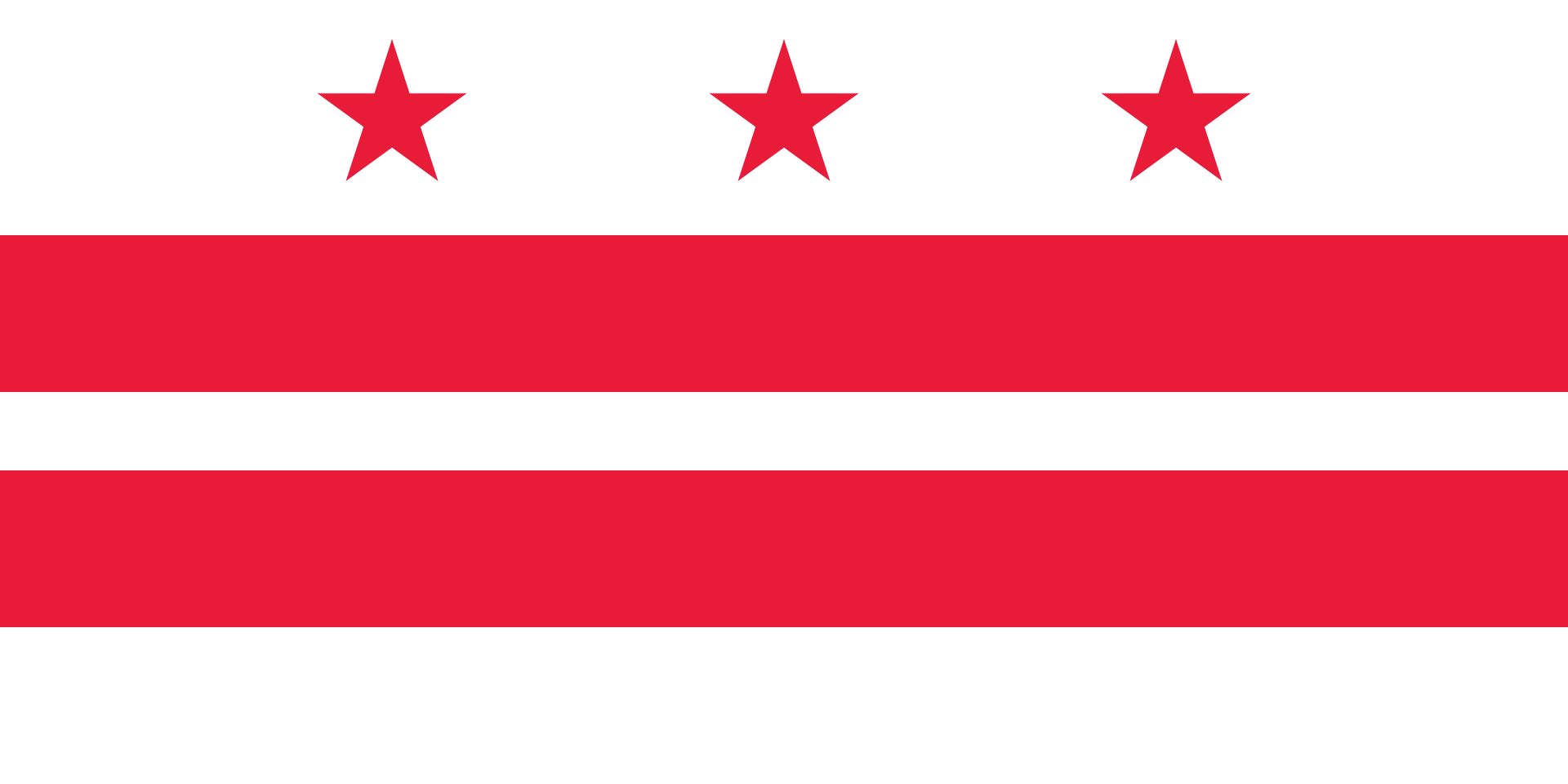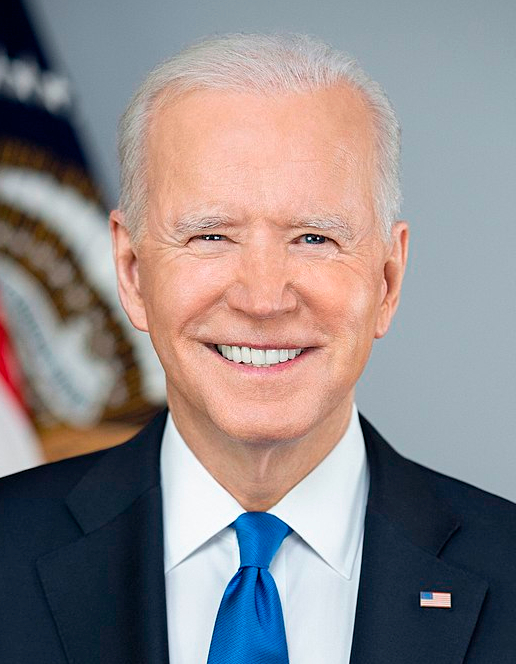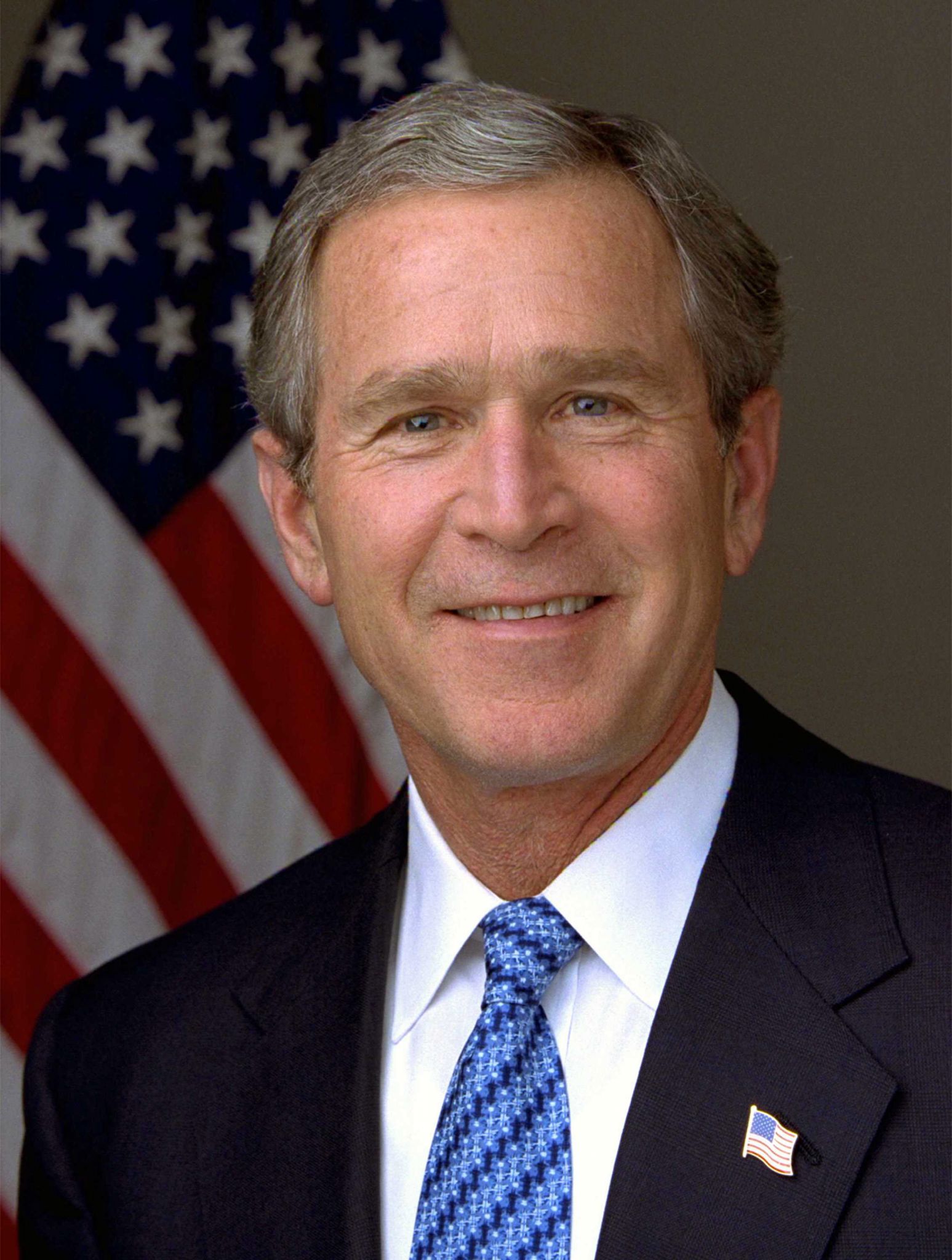
漢德百科全書 | 汉德百科全书





 *United States Political System
*United States Political System
 *President and Vice President of the United States
*President and Vice President of the United States
 *United States presidential election
*United States presidential election
 President or Chairman
President or Chairman
 President or Chairman
President or Chairman
 United States
United States
 United States
United States

 Washington, D.C.
Washington, D.C.

美利坚合众国总统(英语:President of the United States,缩写为POTUS[1];中文简称美国总统)是美国的国家元首、政府首脑和三军统帅。根据1787年通过的美国宪法而设立,行使宪法赋予的行政权。
Der Präsident der Vereinigten Staaten von Amerika (englisch amtlich President of the United States of America, Akronym POTUS) ist in einer Person Staatsoberhaupt, Regierungschef und Oberbefehlshaber der Streitkräfte der USA.
 *Democratic Party
*Democratic Party
 Joe Biden
Joe Biden

 Party and government
Party and government
 Group of Seven,G7
Group of Seven,G7

 Party and government
Party and government
 *President or Chairman
*President or Chairman

 Party and government
Party and government
 Group of the twenty most important industrial and emerging countries
Group of the twenty most important industrial and emerging countries



乔治·华盛顿(英语:George Washington,1732年2月22日-1799年12月14日),1775年至1783年美国独立战争时的殖民地军总司令。于1789年成为美国第一任总统(其同时也成为全世界第一位以“总统”为称号的国家元首),在接连两次选举中都获得全体选举团无异议支持,一直担任总统直到1797年。
华盛顿早年在法国印第安人战争中曾担任支持大英帝国一方的殖民军军官。之后在美国独立战争中率领大陆集团军赢得美国独立,他拒绝一些同僚希望他领导军事政权的提议,在1783年回到他在维农山的庄园恢复平民生活。由于他扮演美国独立战争和建国中最重要的角色,华盛顿通常被称为美国国父[注 1]之一。作为蓄317个黑奴的大奴隶主,华盛顿同样是一个有争议的历史人物,近年来黑人的命也是命社会运动其和杰弗逊等人物受到美国社会的重新检讨和反思。在美国在线于2005年举办的票选活动《最伟大的美国人》中,华盛顿被选为美国最伟大的人物第4位[1]。
George Washington [ˈwɒʃɪŋtən] (* 22. Februar 1732[1] auf dem Gutshof Wakefield (auch „Pope’s Plantation“ genannt) im Westmoreland County, Kolonie Virginia; † 14. Dezember 1799 auf seinem Gut Mount Vernon, Virginia) war von 1789 bis 1797 der erste Präsident der Vereinigten Staaten von Amerika.
Als Oberbefehlshaber der Kontinentalarmee von 1775 bis 1783 war er einer der Gründerväter der USA und leitete als Vorsitzender die verfassunggebende Philadelphia Convention im Jahr 1787. Während seiner Präsidentschaft traf Washington wegweisende Entscheidungen, die die Entwicklung der Vereinigten Staaten von Amerika als republikanische Demokratie bis heute prägen. Er wirkte vor allem auf eine gegenüber den Einzelstaaten und dem Kongress handlungsfähige Zentralgewalt hin und bildete das neu geschaffene Amt bewusst aus, indem er Präzedenzfälle schuf.
Washington wurde zur Zweihundertjahrfeier der Vereinigten Staaten am 11. Oktober 1976 postum „für die Vergangenheit und die Gegenwart“ der höchste Dienstgrad eines General of the Armies of the United States verliehen.
ジョージ・ワシントン(英語: George Washington、グレゴリオ暦:1732年2月22日 - 1799年12月14日(ユリウス暦:1731年2月11日生まれ))は、アメリカ合衆国の軍人、政治家、同国の初代大統領である。妻であるマーサ・ワシントンは貞淑で公式の儀式をきちんと行って先例を開いたため、初代ファーストレディと見られている。
George Washington (February 22, 1732[b] – December 14, 1799) was an American political leader, military general, statesman, and Founding Father who served as the first president of the United States from 1789 to 1797. Previously, he led Patriot forces to victory in the nation's War for Independence. He presided at the Constitutional Convention of 1787, which established the U.S. Constitution and a federal government. Washington has been called the "Father of His Country" for his manifold leadership in the formative days of the new nation.
Washington received his initial military training and command with the Virginia Regiment during the French and Indian War. He was later elected to the Virginia House of Burgesses and was named a delegate to the Continental Congress, where he was appointed Commanding General of the Continental Army. He commanded American forces, allied with France, in the defeat and surrender of the British during the Siege of Yorktown. He resigned his commission after the Treaty of Paris in 1783.
Washington played a key role in adopting and ratifying the Constitution and was then twice elected president by the Electoral College. He implemented a strong, well-financed national government while remaining impartial in a fierce rivalry between cabinet members Thomas Jefferson and Alexander Hamilton. During the French Revolution, he proclaimed a policy of neutrality while sanctioning the Jay Treaty. He set enduring precedents for the office of president, including the title "Mr. President", and his Farewell Address is widely regarded as a pre-eminent statement on republicanism.
Washington owned slaves, and, in order to preserve national unity, he supported measures passed by Congress to protect slavery. He later became troubled with the institution of slavery and freed his slaves in a 1799 will. He endeavored to assimilate Native Americans into Anglo-American culture, but combated indigenous resistance during instances of violent conflict. He was a member of the Anglican Church and the Freemasons, and he urged broad religious freedom in his roles as general and president. Upon his death, he was eulogized as "first in war, first in peace, and first in the hearts of his countrymen". He has been memorialized by monuments, art, geographical locations, stamps, and currency, and many scholars and polls rank him among the greatest U.S. presidents.
George Washington (/d͡ʒɔɹd͡ʒ ˈwɑʃɪŋtən/1), né le 22 février 1732 à Pope's Creek (colonie de Virginie)2 et mort le 14 décembre 1799 à Mount Vernon (État de Virginie), est un homme d'État américain, chef d’État-major de l’Armée continentale pendant la guerre d’indépendance entre 1775 et 1783 et premier président des États-Unis, en fonction de 1789 à 1797.
Washington est l'un des planteurs les plus riches de la région avec son domaine de Mount Vernon, bien qu'il ait fini sa vie à court d'argent liquide, devant même emprunter pour se rendre à la cérémonie d'inauguration de son investiture en tant que président3. Grâce à sa participation à la guerre de Sept Ans qui se déroule entre 1756 et 1763, il devient rapidement célèbre des deux côtés de l'Atlantique et s'intéresse aux questions politiques. Son engagement dans la révolution américaine ainsi que sa réputation le portent au poste de commandant des troupes américaines, qu'il organise et mène à la victoire finale, avec l'aide des Français, sur la métropole britannique. Après le conflit, il participe à la rédaction de la Constitution des États-Unis et fait l’unanimité lors de la première élection présidentielle. Pendant ses deux mandats, George Washington montre ses qualités d'administrateur habile, malgré les difficultés internes et les conflits en Europe. Il a laissé son empreinte sur les institutions du pays et sur l’histoire des États-Unis.
Considéré comme l'un des Pères fondateurs des États-Unis par les Américains, George Washington a fait l'objet de nombreux hommages depuis la fin du XVIIIe siècle : son nom a été donné à la capitale des États-Unis, à un État du nord-ouest de l'Union, ainsi qu'à de nombreux sites et monuments. Son effigie figure depuis 1932 sur la pièce de 25 cents (quarter) ainsi que sur le billet d'un dollar4.
George Washington ([ˈwɔʃʃinton][1]; Bridges Creek, 22 febbraio 1732 – Mount Vernon, 14 dicembre 1799) è stato un politico e generale statunitense. Fu comandante in capo dell'Esercito continentale durante tutta la guerra d'indipendenza americana (1775-1783) ed è divenuto in seguito il primo Presidente degli Stati Uniti d'America (1789-1797). È considerato uno dei grandi padri fondatori della nazione,[2][3] e il suo volto è ritratto sul Monte Rushmore insieme a quello di Abraham Lincoln, Thomas Jefferson e Theodore Roosevelt. Ha anche ricoperto la carica di presidente della Convenzione per la Costituzione nel 1787.
George Washington /ˌdʒɔɹdʒ ˈwɑʃɪŋtən/ (Westmoreland, Virginia, América británica, 22 de febrero de 1732-Mount Vernon, Virginia, Estados Unidos, 14 de diciembre de 1799)123 fue el primer presidente de los Estados Unidos entre 1789 y 1797456 y comandante en jefe del Ejército Continental revolucionario en la guerra de la Independencia de los Estados Unidos (1775-1783). En los Estados Unidos se le considera el padre de la Patria.56 Es considerado uno de los padres fundadores de los Estados Unidos junto con John Adams, Benjamin Franklin, Alexander Hamilton, John Jay, Thomas Jefferson y James Madison.
Washington empezó a ganar condecoraciones armando tropas de la colonia de Virginia para apoyar al Imperio británico durante la guerra franco-indígena (1754-1763), un conflicto que él inadvertidamente ayudó a iniciar.7
El Congreso Continental designó a Washington comandante en jefe del Ejército Continental en 1775.8 Al año siguiente, los británicos fueron desalojados de Boston, perdieron la ciudad de Nueva York y fueron derrotados en Trenton, Nueva Jersey, ante la sorpresa que causó Washington cruzando el río Delaware. Debido a su estrategia, fuerzas revolucionarias capturaron a los dos ejércitos principales de combate británicos en la batalla de Saratoga y en la de Yorktown. En negociación con el Congreso, los estados coloniales y los aliados franceses, mantuvo un ejército débil y una nación frágil en medio de las amenazas de desintegración y fracaso. Después de liderar la victoria estadounidense en la guerra de la Independencia, renunció a sus cargos militares y regresó a la vida en su plantación de Mount Vernon, acto que le trajo aún más renombre.
En 1787, presidió la Convención de Filadelfia que esbozó la Constitución de los Estados Unidos de América y en 1789, fue elegido de manera unánime como el primer presidente de los Estados Unidos. Trató de crear una nación capaz de sostener la paz con sus países vecinos. Su Proclama de la Neutralidad de 1793 sirvió de base para evitar cualquier implicación en conflictos extranjeros. Apoyó los planes de construir un gobierno central fuerte mediante el pago de la deuda nacional, la aplicación de un sistema fiscal eficaz y la creación de un banco nacional. Washington evitó la guerra y mantuvo una década de paz con Gran Bretaña con la firma del Tratado Jay en 1795, a pesar de la intensa oposición del Partido Demócrata-Republicano. Aunque nunca se afilió oficialmente al Partido Federalista, apoyaba su programa. Sus dos períodos de gobierno establecieron muchas políticas y tradiciones que existen hasta el día de hoy.
Antes de la finalización de su período de gobierno se retiró nuevamente a la vida civil, estableciendo un importante precedente de transición pacífica que ha servido de ejemplo no solo en los Estados Unidos sino también en otras futuras repúblicas. El Discurso de Despedida de Washington fue una introducción a la virtud republicana y una severa advertencia contra el partidismo, la sectorialización y la participación en guerras en el extranjero. Se le concedió la primera Medalla de Oro del Congreso con el agradecimiento de la Cámara en 1776.9
Washington murió en 1799 debido principalmente a un tratamiento para su neumonía, que incluía calomelanos y sangrías, resultando en una combinación de choque hipovolémico, debido a la pérdida de cinco pintas de sangre, así como la asfixia y deshidratación. Henry Lee III fue quien pronunció la oración fúnebre, donde declaró que Washington fue el "primero en la guerra, primero en la paz y primero en el corazón de sus compatriotas".10
Los historiadores frecuentemente lo han considerado como uno de los más grandes presidentes de Estados Unidos.
Джордж Ва́шингтон[5] (англ. George Washington; 22 февраля 1732[6][7], Поупс-Крик[en], колония Виргиния, Британская Америка, Британская империя — 14 декабря 1799, Маунт-Вернон, штат Виргиния, США) — американский государственный и политический деятель, первый всенародно избранный президент Соединённых Штатов Америки (1789—1797), один из отцов-основателей США, главнокомандующий Континентальной армией, участник войны за независимость и создатель американского института президентства.
Родился в семье землевладельца, работал землемером, участвовал в экспедициях лорда Фэрфакса. В 1752 году стал офицером вирджинского ополчения, принял участие в военных действиях против французов и индейцев. В 1758 году вышел в отставку в чине полковника. В 1759 году Вашингтон женился на Марте Дендридж Кастис и активно занялся обустройством своего имения, став одним из самых богатых плантаторов Виргинии.
В 1758—1774 годах Вашингтон избирался в Законодательное собрание Виргинии, где боролся с метрополией за права колоний, осуждая тем не менее насильственные действия. Был одним из делегатов Первого континентального конгресса. После вооружённых столкновений с Великобританией Вашингтон был единогласно избран главнокомандующим Континентальной армией. Он руководил ею от осады Бостона в 1775 году до капитуляции английских войск у Йорктауна в 1781-м. В ноябре 1783 года, после заключения Парижского мирного договора, сложил свои полномочия и удалился в поместье Маунт-Вернон.
Председательствовал на Конституционном съезде 1787 года, на котором были утверждены Конституция Соединённых Штатов и федеральное правительство. Вашингтон сыграл ключевую роль в принятии и ратификации Конституции.
В 1789 году Джордж Вашингтон был единогласно избран первым президентом США, а в 1792 году его переизбрали на второй срок. Будучи главой государства, он содействовал укреплению Союза, претворению в жизнь принципов конституции и строительству столицы Соединённых Штатов. Занимался формированием центральных органов власти и системы управления, создавал прецеденты института президентов, поощрял развитие экономики. Поддерживал дружественные отношения с Конгрессом. В 1794 году подавил первое в истории США восстание против государственной власти. Во внешней политике избегал вмешательства в дела европейских государств. Отказался баллотироваться на президентский пост в третий раз.
Покинув пост президента, Вашингтон жил в усадьбе Маунт-Вернон. Во время обострения отношений с Францией летом 1798 года он был назначен главнокомандующим армией в звании генерал-лейтенанта. В ночь на 15 декабря 1799 года Вашингтон скончался и был похоронен в фамильном склепе в усадьбе Маунт-Вернон 18 декабря.



 History
History